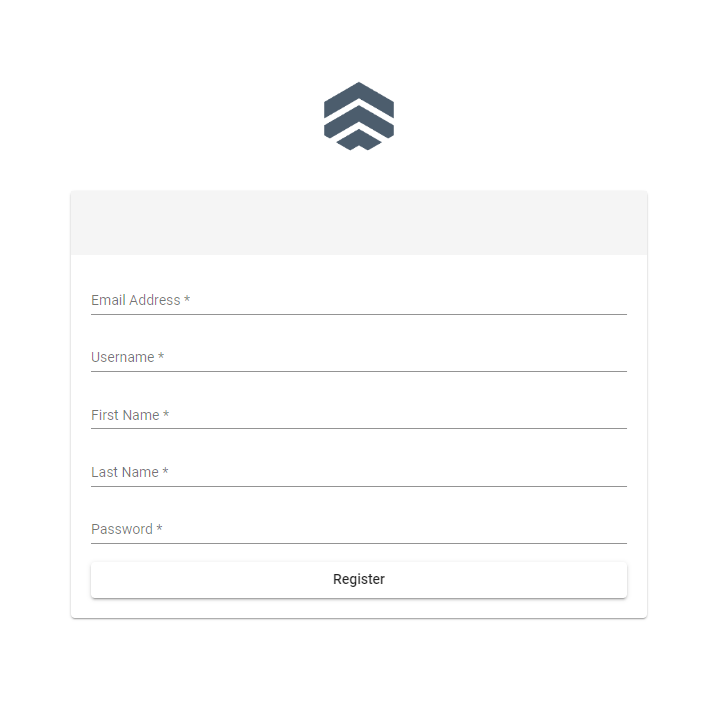Validation is one of the vital part of saving data coming from user. For instance you want to accept an email format but the user didn't supply the right data, that would be a disaster in a way, right?
Laravel's validation features has been there since the beginning but might as well use it. Basic usage of validation are as follows.
Include the Validator into your controller, in my case I like to use the following code snippet.
$validator = Validator::make($request->all(), [
'title' => 'required|unique:posts|max:255',
'body' => 'required',
]);
if ($validator->fails()) {
return response()->json([
'result' => $validator->messages(),
'message' => "Encountered validation error."
], 400);
// redirect can also be put here.
}
Code above starts by creating custom validation as stated from Laravel manual then checks if the validation failed. The creation of validation part can be repetitive in some cases and adding more conditions can be tricky since you have to look where controller did you use the rules.
I think it was from CakePHP that validation rules are put inside models so I applied similar thing.
In my models, I would put the following sample rules,
protected static $rules = [
'title' => 'required|unique:posts|max:255',
'body' => 'required'
];
and a static function that basically returns the rules.
public static function getRules() {
return static::$rules;
}
In some cases, updating record is different from your create/new record rules so you can also put the following function to your model
public function getUpdateRules() {
$updateRules = [];
foreach(self::getRules() as $field => $rule) {
$newRule = [];
$ruleParts = explode('|',$rule);
foreach($ruleParts as $part) {
if(strpos($part,'unique:') === 0) {
if ( ! $this->isDirty($field)) {
$part = $part . ',' . $field . ',' . $this->getAttribute($field) . ',' . $field;
}
}
$newRule[] = $part;
}
$updateRules[$field] = join('|', $newRule);
}
return $updateRules;
}
Credits: Found the code getUpdateRules function at StackOverflow.
That's it for now.
return response()->json([
'result' => $validator->messages(),
'message' => "Encountered validation error."
], 400);
// redirect can also be put here.
}
//code here if validation didn't fail
Code above starts by creating custom validation as stated from Laravel manual then checks if the validation failed. The creation of validation part can be repetitive in some cases and adding more conditions can be tricky since you have to look where controller did you use the rules.
I think it was from CakePHP that validation rules are put inside models so I applied similar thing.
In my models, I would put the following sample rules,
protected static $rules = [
'title' => 'required|unique:posts|max:255',
'body' => 'required'
];
and a static function that basically returns the rules.
public static function getRules() {
return static::$rules;
}
The in my controller's function, I would simply use
$validator = Validator::make($input, Post::getRules());Now, I can access or use my validation anywhere and update my rules in just one place which is the model.
In some cases, updating record is different from your create/new record rules so you can also put the following function to your model
public function getUpdateRules() {
$updateRules = [];
foreach(self::getRules() as $field => $rule) {
$newRule = [];
$ruleParts = explode('|',$rule);
foreach($ruleParts as $part) {
if(strpos($part,'unique:') === 0) {
if ( ! $this->isDirty($field)) {
$part = $part . ',' . $field . ',' . $this->getAttribute($field) . ',' . $field;
}
}
$newRule[] = $part;
}
$updateRules[$field] = join('|', $newRule);
}
return $updateRules;
}
Credits: Found the code getUpdateRules function at StackOverflow.
That's it for now.



No comments:
Post a Comment